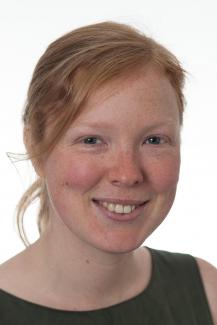Housing need in Kigali
- The Government of Rwanda would like to understand the quantity of housing need in Kigali, and to update it from an earlier 2012 study conducted by the European Union, as well as to understand how to expand low-cost housing.
- This project estimates: i) the quantity of housing needed in Kigali, Rwanda; and ii) the purchasing power of tenant and mortgage-holding households with respect to housing; and thereby aims to contribute to an understanding of market demand for housing in Kigali, Rwanda.
- The study estimates that around 373,000 additional households will need to be accommodated in least 310,000 houses, in the period from 2017 to 2032; annually this represents 18,000 new households per year in 2017 rising up to 32,000 during 2032, accommodated in at least 15,000 houses rising up to at least 26,000 new houses in 2032.
In addition, in 2017 there was a housing backlog of 137,000 houses, representing about two-fifths of the housing stock, that need to be replaced according to criteria provided by the City of Kigali, although we recommend that the criteria for replacement should be carefully revisited. This study then projects income for all income quintiles and estimates the maximum value of property that a tenant household and a mortgage-holding household can afford at the different quintiles. A household at the median of the middle quintile can afford to rent a house worth 10.5 million RWF in 2020 or a mortgage of just 4.1 million RWF at standard terms of 17.3% annual interest and a repayment period of 15 years, if they can afford a 20% down payment. We present a policy discussion on the implications of the findings for meeting rising need for housing efficiently and cost effectively.
Policy recommendations:
- Infrastructure will take a large amount of public investment; for cost effectiveness, it should be planned and built before housing, and might include a well-designed “sites and services” pilot.
- An incremental approach takes time but is a financially manageable way to upgrade housing.
- Public money should be spent on social housing for the most vulnerable, in locations sufficiently close to jobs, but thought should go into choosing evidence-based, innovative and cost-effective ways to enhance social welfare.
- Affordable housing should be affordable to households below the top two quintiles.
- If possible, the cost of construction should be reduced in ways that can be scaled up in the construction industry in Rwanda.
- Master Plan zoning should be flexible and respond to market conditions and should be cognizant of the effects that such plans can have on housing affordability.
- Inclusive densification should be pursued.
- Housing finance should be made more affordable on a self-sustaining basis.
- The definition of housing backlog in this study needs discussion and refinement if it is to lead to upgrading policy.
- Policymaking must be data driven.
- An Affordable Housing Working Group could be instrumental.






